The Price of Privilege
…Everybody knows my name now
But somethin' 'bout it still feels strange
Like lookin' in a mirror, tryna steady yourself
And seein' somebody else
And everything is not the same now
It feels like all our lives have changed
Maybe when I'm older, it'll all calm down
But it's killin' me now
What if you had it all,
But nobody to call?
Maybe then you’d know me,
Cause I’ve had everything,
But no one’s listening,
And that’s just lonely.
I’m so lonely…
-Justin Bieber’s ”Lonely”
The lyrics of this song speak so loudly to what many celebrities and affluent next gen and inheritor’s experience.
The spectacle of celebrity unraveling, particularly among those who ascend to fame in their youth, such as Justin Bieber, alongside the visible struggles of wealthy individuals, presents a complex tableau that often becomes fodder for public scrutiny and judgment.
Witnessing these individuals turn to substance abuse, engage in reckless behavior, or exhibiting financial imprudence, it's easy to fall into the trap of criticism.
Labeling them as entitled, spoiled, or foolish.
However, this perspective overlooks the deeper, more poignant realities of their experiences.
These behaviors, rather than being seen as mere acts of defiance or indulgence, should prompt one to ask more compassionate and probing questions: Who hurt them?
What pain are they attempting to mask or escape through such destructive means?
This approach recognizes that such actions are not born in a vacuum but are manifestations of deeper emotional turmoil and unaddressed traumas.
The truth is, the signs of distress have often been present, perhaps subtly at first, then escalating over time.
The glaring spotlight of fame or the weight of wealth and societal expectations can exacerbate these struggles, rendering every misstep a public spectacle.
For those born into affluence or thrust into the limelight at a young age, the external veneer of success and privilege can mask underlying vulnerabilities, creating a chasm between their public persona and private suffering.
This is not to say that wealth or fame directly causes such challenges; rather, they can amplify existing issues or create environments where unhealthy coping mechanisms are more easily accessed and, paradoxically, more intensely scrutinized.
The combination of early exposure to immense pressure, a lack of genuine support systems, and the often isolating nature of their experiences can create a perfect storm for mental health struggles and substance abuse.
Understanding this, our response to witnessing such public and private downfalls should shift from judgment to empathy.
It's crucial to recognize the humanity behind the headlines and understand that beneath the surface of these tumultuous behaviors lies a plea for help, a need for understanding, and a longing for healing.
In redirecting our approach from condemnation to compassion, we can foster a more supportive environment that encourages individuals to seek the help they need without fear of further stigmatization.
By asking the right questions and listening with empathy, we contribute to a culture that prioritizes mental health and well-being, regardless of one's status or background.
This shift not only benefits those in the public eye but can also inspire a more compassionate approach to addressing similar struggles within our communities and personal circles.

